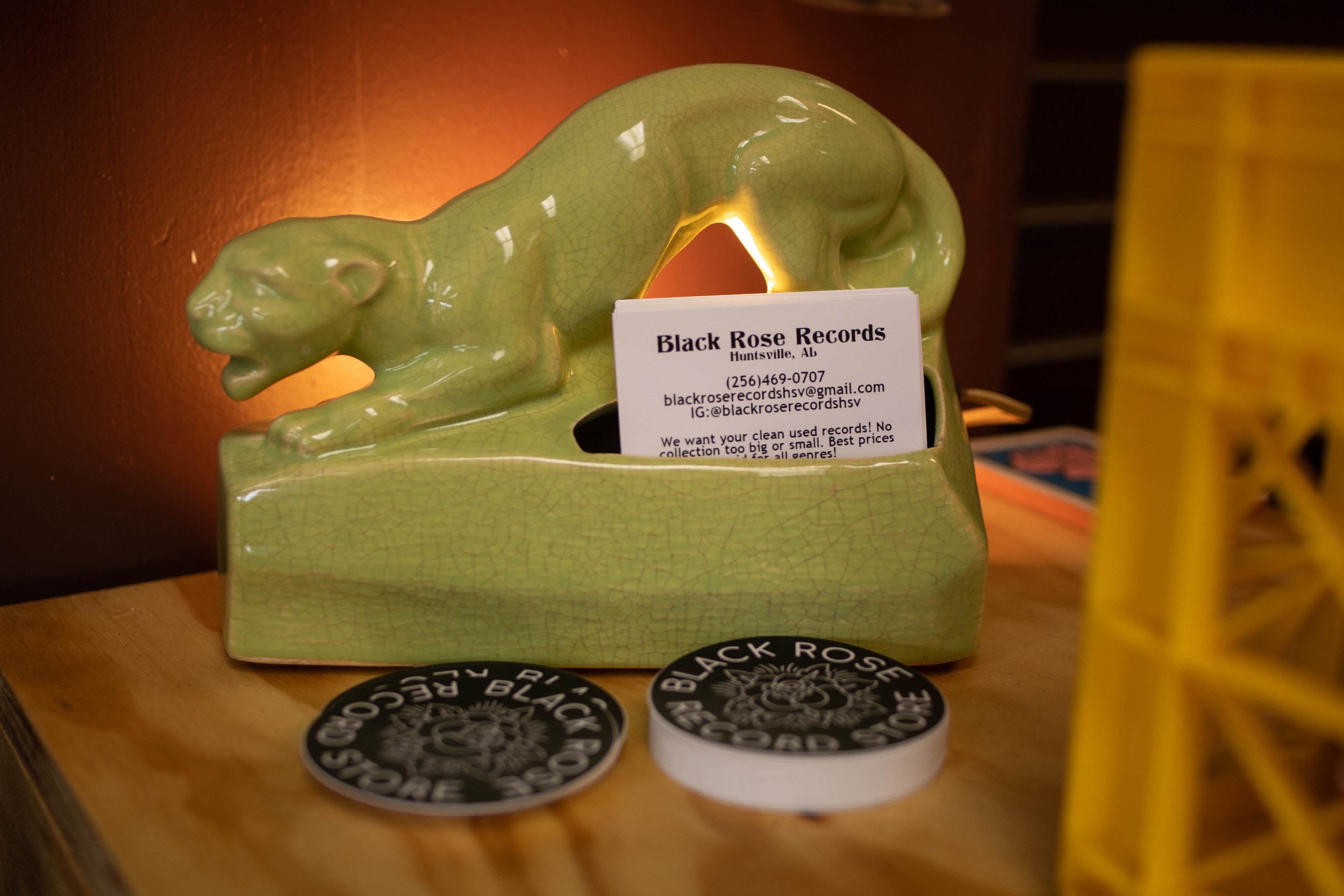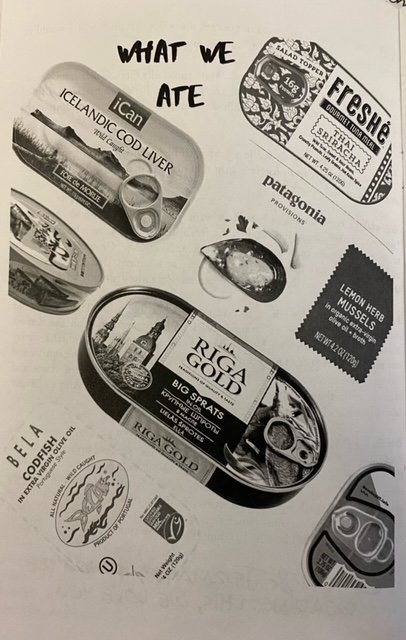Final Project by Alden Harrell for Diachronic Linguistics LING-5570
Introduction
Swear words are an undeniably fascinating linguistic aspect of culture, and a fun one at that. They can be used in a myriad of ways semantically and can be some of the most grammatically flexible words in a language. Just the word fuck, for example, can be used as a noun (“That exam was hard as fuck!”), a verb (“Fuck that exam!”), as part of a pronoun (“Look at fuck-face over there trying to ace the exam!”), and, of course, the all too popular interjection (“Fuck! I can’t believe he actually aced it!”). Not only are these words fun and versatile, but they also tend to be quite interesting etymologically, having undergone numerous semantic and syntactic changes over time. In order to examine these phenomena more closely, let’s take a look at three English swear words and their journeys through time.
Shit
The word shit, according to the Online Etymology Dictionary, can be traced all the way back to Proto-Indo-European (PIE) with the root *skei-, meaning “to cut” or “to split.” This is the same root believed to have become the words shed, conscience, and, hilariously, science. From PIE the word evolved first to the Proto-Germanic *skit, then to the Old English scite, then Middle English schītte, before finally arriving at the modern shit we all know and love. Along this journey, it has undergone a few key linguistic changes, namely semantic broadening, syntactic reanalysis, and, occasionally, amelioration.
First, many new semantic meanings for the word have arisen over time. Shit and its earlier forms originally only referred to excrement, but semantic broadening has given us a number of new meanings. You might refer to a pile of detritus as a “pile of shit.” Do you have a long list of chores and errands to take care of? It sounds like you have “a lot of shit to do.” Maybe you got into some trouble with the law and now you’re “in deep shit.” It’s easy to see how these examples could be classified as metaphor, as they are all, generally speaking, negative.
There’s an interesting case, however, with a more recent ameliorated usage of the word shit, as in, “This party is going to be the shit!” (meaning it will be a party for the ages). According to the Oxford English Dictionary, the first documented use of the shit to refer to something excellent, as opposed to the more common opposite use of shit described above, was in a 1987 unpublished typescript manuscript of "campus slang" at University of North Carolina, Chapel Hill. Clearly shit has undergone quite a bit of semantic broadening over the years.
Along with this semantic broadening has come syntactic reanalysis, with new lexical classes being added over time. Originally the word was utilized mainly as a noun, to refer to excrement. Over time, however, shit picked up a number of new lexical classes, including verb and interjection. Take, for example, the cases, “I don’t mean to shit on your idea,” and “Oh shit! I can’t believe it!” Neither of these cases would be possible without syntactic reanalysis. Fig 1 shows the frequency of usage of the word shit over time, from 1800 to 2019. It is clear that usage of shit has increased quite dramatically, particularly spiking since the year 2000.
Bitch
Etymologically bitch comes from the Old English word bicce and earlier, likely, from the Old Norse bikkjuna, both referring to a female dog. While the usage of “dog” as an insult can be dated all the way back to ancient Greece, the earliest use of bitch specifically as a derogatory term for women dates back to the 15th century and, according to English language historian, Geoffrey Hughes, referred to sexual behavior, serving as a metaphorical extension of the behavior of a “bitch in heat.” This derogatory usage of bitch toward women has largely persisted over time, with a few key caveats.
First, there has been an interesting semantic narrowing split based on gender. When women are called bitches, it is usually to indicate that they are in some way overly domineering, controlling, or rude. Note that this usage is often accompanied by a size adjective like “huge” (as in, “She’s a huge bitch.”) On the other hand, if a man is called a bitch, it is usually to achieve the opposite effect—to indicate that he is in some way subordinate, weak, or cowardly. To further cement that this sense is in direct contrast to the sense targeted at women, it is typically accompanied by the opposite size adjective, “little” (as in, “Stop being a little bitch”).
Along with this gendered narrowing split, bitch has undergone some of the same linguistic changes over time as shit—syntactic reanalysis and amelioration, both of which have taken place somewhat recently, relatively speaking. Around the 1930s, bitch acquired a new lexical class as a verb meaning “to complain,” a sense that is still quite common today. More culturally interesting, however, is the amelioration of the noun bitch. With the advent of the modern feminist movement, women have sought to reclaim the term that has been used against them by misogynists for centuries, using it to signify confidence and power. This reappropriation of the term bitch serves to subvert the sexist assertion that if a woman stands up for or asserts herself, she is nothing but rude and domineering.
Fig 2 shows the frequency of usage of the word bitch over time, from 1800 to 2019. While bitch was clearly used a bit more frequently than shit between 1800 and 2000, it is clear that, much like shit, its usage has increased exponentially since then.
Ass
Much like shit, ass can be traced back to PIE with the root *ors-, which later became the Greek orros, then Old English ærs, and finally arse. While many European dialects of English still employ the form arse, the North American English variation typically utilizes the non-rhotic ass. There are two main theories that account for the change from arse to ass. One admittedly less exciting theory is that there is simply a trend of /r/ loss before /s/. A particularly relevant example of this would be the /r/-drop in the word “curse,” which becomes “cuss.” On the other hand, there is another, more intriguing theory, that of taboo replacement. The theory claims that, in an effort to be more polite, people opted for the word ass instead of arse, as it was simply the more common word for donkey.
In a fascinating and ironic turn of events, there was, subsequently, another round of taboo replacement regarding the word ass. As its status as a swear word became more ubiquitous, it became disfavored to use the term ass to refer to a donkey. While the use of the term ass to refer to a donkey can be traced back to before Shakespeare, the first recorded use of donkey wasn’t until the 1780s. Since the 18th century, thanks to the process of taboo replacement, donkey has gradually ousted ass.
More recently, as with shit and bitch, ass has undergone a process of syntactic reanalysis. Whereas the others have gained one or more lexical classes, however, ass has been reanalyzed as what could be argued to be a productive nominalizing morpheme. Take, for example, the words dumb, fat, and hard. Alone, they are simply adjectives. With the addition of -ass, however, these words become nouns—dumbass (“one who is dumb”), fatass (“one who is fat”), and hardass (“one who takes no metaphorical shit”).
Fig 3 shows the frequency of usage of the word ass over time, from 1800 to 2019. Interesting to note is how much more frequent this word was than both bitch and shit around the year 1800 (~0.001% of the English corpus, compared to ~0.0001% and near 0% for bitch and shit, respectively). From then on the term became less and less frequent, perhaps as a consequence of its taboo replacement, until (yet again) the year 2000, when usage shot up exponentially.
Discussion and Conclusion
English expletives, as we have seen, have quite fascinating etymologies and, diachronically, have evolved in quite interesting and varied ways. In many cases, the ways these words develop over time mirror the growth and change of culture. This fact is especially apparent in cases like bitch. While misogyny has been an issue for centuries, the increased usage of swear words at large, and specifically the word bitch, has really highlighted the problem recently. The fact that there is a gendered split with this word at all indicates some sort of imbalance, but the semantics of this split really speaks volumes. The word historically has been used to refer more frequently to women. The fact that, when this term is applied to men, it is used to diminish them underscores the notion that the most insulting thing a man can be called is a term typically reserved for women. The more recent amelioration of the term by women themselves also illustrates the growing push to overturn and fight back against these misogynistic tendencies.
None of this would be possible—or at least not as easily traceable—without the rapid increase in usage of expletives since the year 2000. But why did this rapid increase occur? Perhaps the dawn of the internet ushered in a newer, cruder era of online vernacular. Maybe the internet inherently carries with it more documentation and, therefore, more recorded instances of swear words. While there is no doubt some truth to both of these claims, I believe that, once again, the increase in expletive usage parallels cultural changes. Specifically in the United States, as we depart and distance ourselves from our religious and colonial roots, the social stigma surrounding swear words has become much less severe. Consequently, as swear words have become less taboo in recent years, their usage has shot up.
As we have seen, expletives have quite an interesting place in the history of the English language and have quite varied etymologies and journeys through time. By examining the cases of shit, bitch, and ass, we can see that their usages have undergone several fascinating semantic and syntactic changes and that they can affect and be affected by changes in culture. Swear words are not only fun ways to spice up language, but important data points that can teach us a lot about both culture and language more generally.
REFERENCES Fairman, Tony (1994). "How the ass became a donkey". English Today. Harper, Douglas. "ass". Online Etymology Dictionary. Harper, Douglas. "bitch". Online Etymology Dictionary. Harper, Douglas. "shit". Online Etymology Dictionary. Hughes, Geoffrey. Encyclopedia of Swearing: The Social History of Oaths, Profanity, Foul Language, and Ethnic Slurs in the English-Speaking World. Armonk, N.Y.: M.E. Sharpe, 2006



















